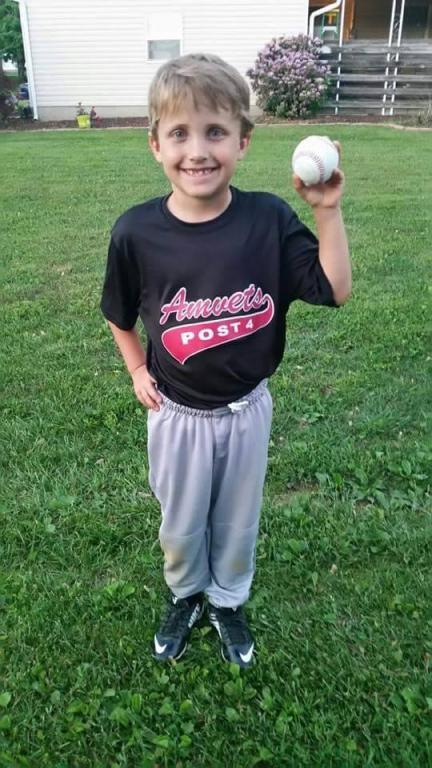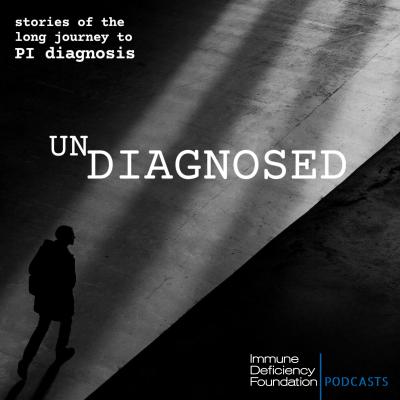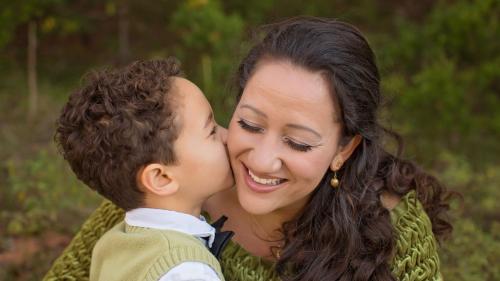
-
Understanding primary immunodeficiency (PI)

Understanding PI
The more you understand about primary immunodeficiency (PI), the better you can live with the disease or support others in your life with PI. Learn more about PI, including the various diagnoses and treatment options.
-
Living with PI
-
Addressing mental health
-
Explaining your diagnosis
- General care
- Get support
- For parents and guardians
-
Managing workplace issues
- Navigating insurance
-
Traveling safely

Living with PI
Living with primary immunodeficiency (PI) can be challenging, but you’re not alone—many people with PI lead full and active lives. With the right support and resources, you can, too.
-
Addressing mental health
-
Get involved

Get involved
Be a hero for those with PI. Change lives by promoting primary immunodeficiency (PI) awareness and taking action in your community through advocacy, donating, volunteering, or fundraising.
-
Advancing research and clinical care
-
Grants
-
IDF surveys
-
Participating in clinical trials
-
Diagnosing PI
-
Consulting immunologist
-
Clinician education

Advancing research and clinical care
Whether you’re a clinician, researcher, or an individual with primary immunodeficiency (PI), IDF has resources to help you advance the field. Get details on surveys, grants, and clinical trials.
-
Grants

For Jeannie Minney Brown of Chillicothe, Ohio, the road to a diagnosis for her son, Thaddaeus, was a long and difficult one, as each symptom led to frustrating twists, turns, and blind alleys – until doctors finally determined that he had chronic granulomatous disease (CGD) at six years old.
Starting in August of 2013, Thaddaeus began to experience extreme fatigue and low-grade fevers. Jeannie took him to the pediatrician several times, but he was just prescribed antibiotics and sent home. This went on for several weeks, and Thaddaeus was not getting any better. Jeannie began to feel, as most Moms of patients with CGD do, that it was time to take action, despite the doctors’ assurances that they could just “wait and see.” (It was time to THINK ZEBRA!)
“I insisted that we get a CAT scan of his chest to see what was going on,” said Jeannie. “And they found some swollen nodules and several masses in his lungs. At the time, they thought it was histoplasmosis, so they prescribed antibiotics and sent us on our way again.”
However, Thaddaeus continued to get worse. When they returned to the hospital, she demanded a lung biopsy.
“It was the only true way to know what was in his lungs and causing this,” said Jeannie.
The lab results showed that Thaddaeus had an Aspergillus infection, which led his doctors to suspect that his immune system was not functioning properly. In November 2013, he was given a neutrophil oxidative burst test, and the results showed that he had one of the most severe forms of X-linked CGD.
Jeannie said her first reaction was relief. They finally had a diagnosis. Thaddaeus immediately began receiving standard prophylaxis, including sulfamethoxazole/trimethoprim, posaconazole, and interferon gamma. Thanks to his new regimen, Jeannie said that he has not been sick for the past year.
Today, Thaddaeus is back to leading a normal and active life, filled with school during the day and sports in the afternoons and weekends. He especially enjoys playing competitively on his local baseball and basketball teams. During his downtime, he loves spending time with his large, tightly-knit family, which they call “The Brown 7 Crew.” Thaddaeus has three older sisters, Bailey, 19, Delanie, 14, and Emma, 9, and one older brother, Ezra, 16, who does not have CGD.
As she looks to the future, Jeannie says she has high hopes. After attending the CGD Symposium at the IDF National Conference over the summer, she feels galvanized by all the advances in medicine and the overall prognosis for CGD. And although she has looked into bone marrow transplant options for Thaddaeus, he lacks a fully matched donor. As a result, she feels that the risks are too great to consider the procedure at this time.
In the meantime, Jeannie said she and Thaddaeus treat each day as “a gift.”
“My advice to other parents is to know the limitations and the risk factors of CGD, but allow your child to be a 'kid' and enjoy life,” said Jeannie. “Teach them very early about the disease, and let them take ownership in managing their own medicine. CGD is just a part of who they are. They are so much more than CGD.”
Thank you to Jeannie, Thaddaeus and the Brown 7 Crew for sharing your story!
Related resources
Sign up for updates from IDF
Receive news and helpful resources to your cell phone or inbox. You can change or cancel your subscription at any time.





The Immune Deficiency Foundation improves the diagnosis, treatment, and quality of life for every person affected by primary immunodeficiency.
We foster a community that is connected, engaged, and empowered through advocacy, education, and research.
Combined Charity Campaign | CFC# 66309




